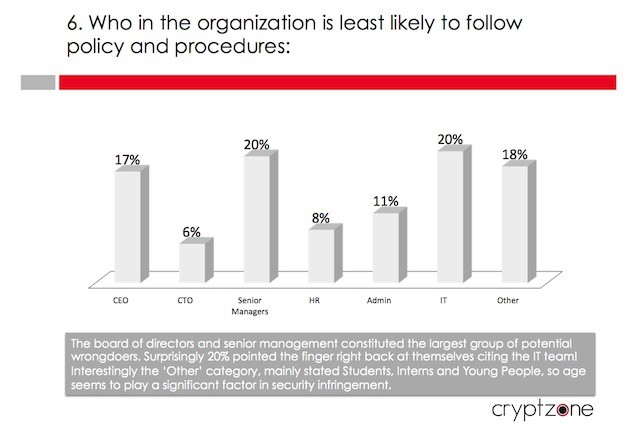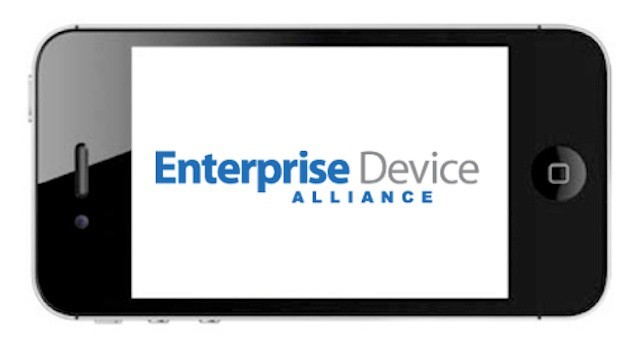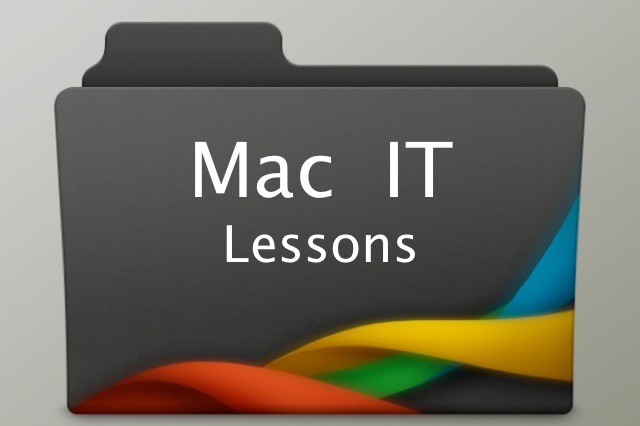The biggest challenge for many business when dealing with the consumerization of IT and BYOD trends is often cultural. IT needs to cede control of devices, app choices, and where/when employees and executives actually interact with corporate data. That’s a cultural shift for IT. There’s an equal cultural shift that needs to happen when it comes to users and executives who must take at least partial responsibility for keeping their iPhones, iPads, or other devices secure along with the business data on them.
This requires user education and solid communication between users and IT. To be truly effective, security policies need to be endorsed by senior management and adoption and understanding of them needs to follow from the top down through the organization.
Unfortunately, that isn’t what’s happening in many businesses. In fact, the people most likely to ignore or violate such policies are C-level executives, members of the board of directors, and even IT.



![Free & Cheap Ways To Become A Mac IT Master [Feature] Beyond the classroom, there are some amazing Mac IT training resources](https://www.cultofmac.com/wp-content/uploads/2012/05/training_center_apple.jpeg)



![Cisco’s BYOD Survey Sheds Light On BYOD Popularity And Costs [Update] Cisco study shows BYOD is a reality not a possibility but there are some costs involved](https://www.cultofmac.com/wp-content/uploads/2012/05/finance-ipad1.jpg)
![Good Offers Secure iOS Data Management Platform With Developer Partners [Mobile Management Month] Good offers a complete platform for information security](https://www.cultofmac.com/wp-content/uploads/2012/05/GoodForEnterprise.jpg)
![The Crucial Skills Every Mac IT Pro Needs [Feature] Mac IT specialists need a unique set of skills and knowledge](https://www.cultofmac.com/wp-content/uploads/2012/05/2775460696_27b1aef416.jpg)
![Centrify Offers Free iOS And Android Management [Mobile Management Month] Centrify offers DirectControl for Mobile and DirectControl for Mac](https://www.cultofmac.com/wp-content/uploads/2012/02/CentrifyLogoVerticalColorwithWhiteBackgroundHighRes1133x746.jpg)
![BoxTone Offers iOS Management And Enterprise Integration [Mobile Management Month] Boxton offers device, app, and expense management plus enterprise partnerships](https://www.cultofmac.com/wp-content/uploads/2012/05/boxtone.jpg)
![AirWatch Manages iPhone/iPad Devices, Apps, And Content [Mobile Management Month] AirWatch offers mobile device, app, and information management](https://www.cultofmac.com/wp-content/uploads/2012/05/airwatchlogo.jpg)
![Parallels Enterprise Makes Mass Windows On Mac Deployments Easy [Feature] Parallels offers tools and guidance for mass Windows on Mac deployments](https://www.cultofmac.com/wp-content/uploads/2012/05/VW4ETGWEZDFGG3A_Win_7_as_a_guest_OS_in_Lion.jpg)




![The Best iPhone And iPad Apps For IT Professionals [Feature] With the right iOS tools, IT pros can manage a datacenter from anyplace](https://www.cultofmac.com/wp-content/uploads/2012/04/datacenter.jpg)


![Thousands of Macs In The Enterprise – How The Big Companies Roll [Feature] Managing hundreds or thousands of Macs in big companies requires the right skills and the right tools](https://www.cultofmac.com/wp-content/uploads/2012/04/2775460696_27b1aef4161.jpg)


